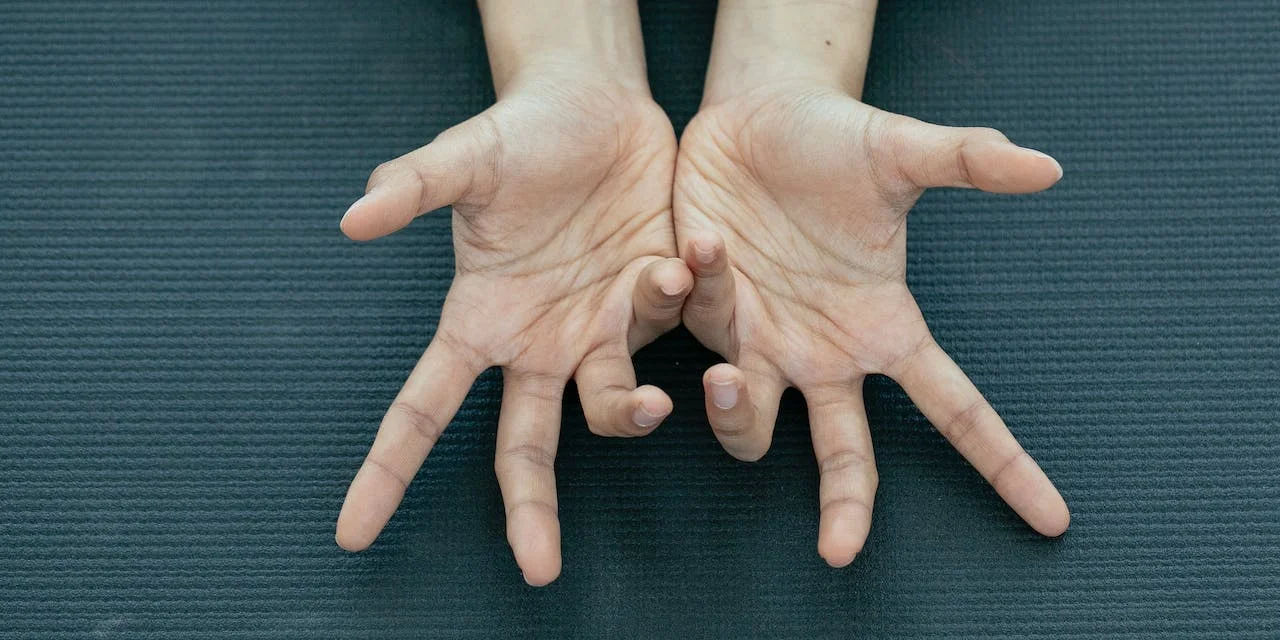
Chugai Pharmaceutical Co., Ltd. (TOKYO: 4519) has announced today the approval of crovalimab (known as 派圣凯® in China), a humanized complement inhibitor C5 monoclonal antibody developed by Chugai, by the National Medical Products Administration (NMPA) of the People’s Republic of China. This approval allows for the treatment of adults and adolescents (12 years of age and above) with Paroxysmal Nocturnal Hemoglobinuria (PNH) who have not previously been treated with complement inhibitors. F. Hoffmann-La Roche Ltd. (hereafter “Roche”) [Head Office: Basel, Switzerland. CEO: Thomas Schinecker], responsible for crovalimab’s development outside Japan and Taiwan, filed the regulatory application through a China affiliate of Roche. Notably, China is the first country globally to approve crovalimab for this indication.
The approval is founded on various studies, including the COMMODORE 3 study, a multicenter, single-arm, phase III clinical trial conducted in China, and the COMMODORE 2 study, a randomised, open-label global phase III study, focusing on PNH patients without prior treatment with complement inhibitors.
Crovalimab has been developed utilizing Chugai’s Recycling Antibody technology, distinguishing it from conventional antibodies. While typical antibodies bind to antigens once, crovalimab is engineered to bind repeatedly, allowing for sustained complement inhibition at low doses and facilitating subcutaneous administration every four weeks. Notably, crovalimab is the second drug approved utilizing Chugai’s Recycling Antibody technology, following Enspryng® for the treatment of neuromyelitis optica spectrum disorder (NMOSD).
[Reference Information] Crovalimab, an Anti-C5 Recycling Antibody, Receives Priority Review in China for Treating Paroxysmal Nocturnal Hemoglobinuria Crovalimab (genetic recombination) is an anti-C5 recycling antibody developed using Chugai’s Recycling Antibody technology. Recycling antibodies, designed for pH-dependent antigen binding, enable a single antibody molecule to bind to the antigen multiple times, resulting in prolonged efficacy compared to conventional antibodies. Targeting C5, a pivotal component of the complement system, crovalimab is anticipated to regulate complement activity and alleviate treatment burden through subcutaneous administration. Due to its binding at a different site from existing antibody drugs, crovalimab may offer an effective treatment option for patients with specific C5 gene mutations reported in Asia, which render existing antibody drugs ineffective. The drug has been submitted for approval as a new drug for PNH in Japan, the US, and EU. Furthermore, clinical trials are underway for atypical hemolytic uremic syndrome (aHUS), with Roche conducting trials for sickle cell disease (SCD) and lupus nephritis internationally.





